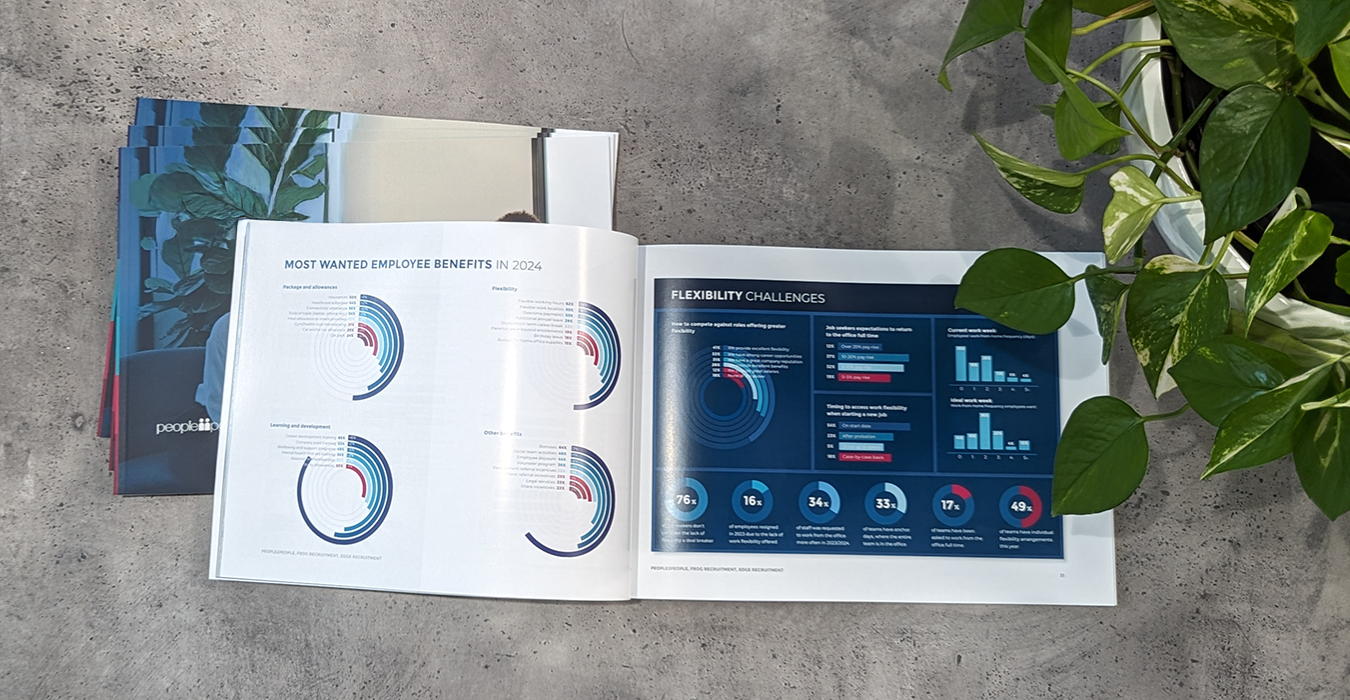Management Accountant Guide - Hire or get hired
Your complete guide to the Management Accountant Role: Duties, salary & hiring tips
Purpose of the Management Accountant
Management Accountant's duties and responsibilities
Develop and maintain budgets and rolling forecasts in collaboration with business units.
• Performance Reporting:
Prepare monthly management reports including KPI analysis and variance commentary.
• Financial Analysis:
Analyse cost structures, profitability, and performance trends to guide commercial decisions.
• Business Partnering:
Work closely with non-financial stakeholders to provide financial insight and improve outcomes.
• Month-End Support:
Contribute to accruals, prepayments, and reporting tasks during the month-end process.
Requirements and qualifications for a Management Accountant
• 3–5 years’ experience in a management accounting or commercial finance role
• Strong Excel and financial modelling skills
• ERP/reporting system proficiency
• Excellent analytical and stakeholder engagement abilities
Looking to hire a CFO or looking for a CFO role?
Submit your resume or request talent now and our expert recruiters will be with you shortly. people2people recruitment can assist you with your CFO staffing needs.
Recent jobs in Accounting and Finance
Retaining staff was accounting leaders #1 challenge in 2022
Qualified roles were the most difficult to fill for accounting leaders in 2022
Hired temporary or contract staff in 2022 to fill an immediate need
Accounting and Finance Market Update
Qualified accountants remained the hardest to hire in 2024, with 40% of businesses citing them as the most difficult to fill, followed by transactional finance (17%) and payroll roles (14%). In-demand roles such as finance managers, systems accountants, and specialists in data analytics and sustainability reporting indicate a shift in workforce priorities.
To remain competitive in 2025, 75% of organisations will focus on automation and system improvements, with additional emphasis on upskilling (45%), cash flow management (37%), and compliance (33%). Many businesses are investing in professional development, including certifications, workshops, and AI skill training, to enhance their teams and adapt to new technologies.
86% of businesses preferred maintaining in-house teams for better communication, control, and compliance, and while many employers relied on internal hiring teams, 54% sought external recruitment support within a month, highlighting the ongoing value of recruitment agencies in securing top talent.



